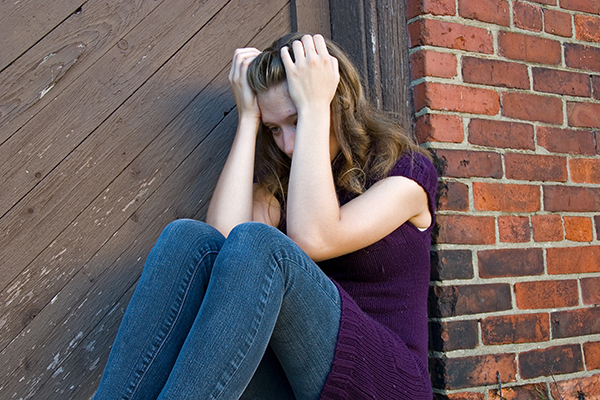Most people can drink casually without much cause for concern. They can have a glass of wine with dinner or a couple of bottles of beer as they watch Sunday football. There are many people, however, who struggle with a diagnosable substance abuse disorder. These people cannot casually drink – if they attempt to, there is a good chance that they will lose control of their intake and wind up consuming much more alcohol than intended for a longer period than intended. People begin abusing chemical substances for a variety of different reasons. They might be genetically predisposed, or they might be attempting to alleviate the emotional symptoms that go hand-in-hand with unresolved childhood trauma. They might be self-medicating symptoms of an unresolved mental health condition. 
How Addiction Recovery and Depression Are Related
The truth is that while depression and substance abuse are closely interlinked, for both disorders to be treated they must be addressed simultaneously and not individually. Depression will not simply go away because an individual enters into a program of substance abuse recovery – especially if the depression is not caused by the substance abuse disorder (which it might be, in some instances).
Alcoholism and Addiction Encourage Symptoms of Depression
For example, say a young man begins drinking at age 17 and continues drinking heavily until he is in his late 30s. He drinks daily and consumes a significant amount of alcohol every day. Alcohol is a depressant drug, meaning that it lowers neurotransmission levels significantly in several significant areas of the brain – areas that control stimulation and arousal. Instead, because of its depressant effects, alcohol can quickly lead to symptoms of depression for daily chronic problem drinkers.
Co-Occurring Disorders Include Depression and Addiction
Many people who struggle with a diagnosable substance abuse disorder simultaneously suffer at the hands of a mood disorder like anxiety or depression – in fact, according to the Anxiety & Depression Association of America, roughly 20 percent of men and women with a mood disorder like depression concurrently struggle with some degree of substance abuse. Depression and addiction are bi-directional disorders, meaning that someone with depression is more likely to abuse drugs and alcohol, and someone who abuses drugs and alcohol is more likely to suffer from depression. Does this mean that men and women who struggle with depression will essentially be cured if they recover from addiction?
More About Sobriety and Clinical Depression
Over time the brain adjusts to having a depressant substance present in the system, and normal neurological functioning is severely compromised. That is to say that over time, excessive alcohol consumption can lead to depression. Now say this individual enters into a standard program of alcohol rehab. He is treated for his substance abuse disorder – not his mental health condition. He is eventually discharged and continues with his program of addiction recovery. However, he experiences symptoms of depression all the while: deep sadness and melancholy, disinterest in things that were previously enjoyed, a withdrawal from friends and family, and a lack of motivation to take care of day-to-day obligations. The symptoms eventually overwhelm him, and he returns to drinking to combat them.
Evoke Wellness at Miramar and Dual Diagnosis Treatment
Addiction treatment does not cure depression. If this young man entered into a dual diagnosis treatment program, however, he would have a far better chance of maintaining sobriety long-term. In dual diagnosis treatment programs, substance abuse and all underlying mental health conditions are treated simultaneously – all existing symptoms are treated, and the risk of eventual relapse is reduced significantly. At Evoke Wellness at Miramar, we offer intensive dual diagnosis treatment options for men and women of all ages who are battling substance abuse and mental health disorders. Our program of recovery is highly individualized, and we utilize a range of proven treatment methods, including intensive individual and group therapy, 12-step program immersion, relapse prevention training, and psychiatric intervention. In the case of depression, we often prescribe antidepressants and combine medication therapy with intensive psychotherapy. To learn more about our dual diagnosis treatment program, call us today for more information.


